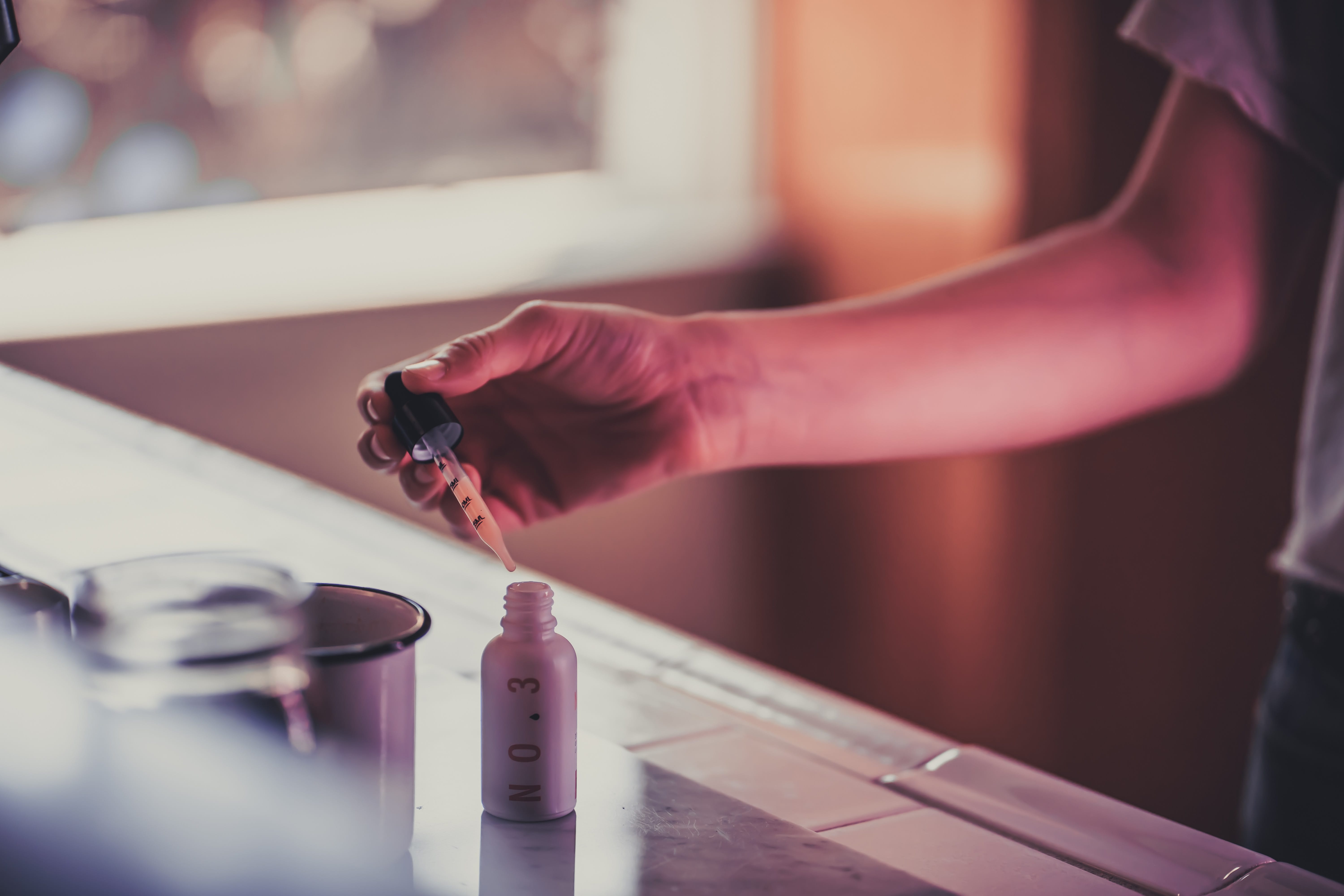Entrepreneurs looking to break into the world of CBD can take advantage of a lucrative business opportunity by keeping legal considerations in mind and remaining transparent about product quality.
The passage of the 2018 Farm Bill lifted federal regulations on the cultivation and transport of hemp in the United States. Alternatively called the Agriculture Improvement Act of 2018, the bill effectively changed the nation’s relationship with the notorious plant. After all, hemp is an extremely close relative of marijuana, and the two are often confused or lumped into the same category.
But hemp differs considerably from its psychoactive cousin, and entrepreneurs across the country are beginning to take note. Like marijuana, hemp plants contain more than 100 cannabinoids, the most well known of which include tetrahydrocannabinol (THC) and cannabidiol (CBD). While THC is responsible for the “high” associated with marijuana, CBD isn’t psychoactive.
CBD has been shown to promote wellness and healing among individuals with health conditions such as chronic pain, anxiety, and certain seizure disorders. Therein lies CBD’s value as a marketable product. And CBD’s popularity has grown exponentially in recent years: The CBD industry is expected to bring in $2.1 billion in sales by the end of 2020, reports Forbes.
But those numbers only tell part of the story of CBD, and if you’re an entrepreneur interested in starting a business related to the compound, there are plenty of legal considerations to keep in mind. Here’s what you need to know in order to succeed in the thriving, competitive, and sometimes murky CBD industry.
CBD Isn’t Just for Humans
For starters, CBD is an extremely versatile product, offering benefits to humans and animals alike. And CBD oil for pets has become more accepted since the passage of the Farm Bill. Even the prestigious American Kennel Club (AKC) recognizes the benefits of CBD tinctures in treating a variety of conditions including chronic pain.

However, it should be noted that some canines (and humans) may experience side effects from CBD products. Dry mouth, drowsiness, and lowered blood pressure could result following CBD use. Your potential clients should be aware of the possible side effects of CBD, and those who plan to give CBD to their pet should first consult a veterinarian.
Along with potential side effects, you should also be keenly aware of where your CBD products are sourced from. Further, you should be prepared to pass that information down to your consumers if requested. All reputable CBD wholesale companies will ensure product quality via third-party evaluators. According to Entrepreneur, “third-party lab testing informs the manufacturer and the consumer about the chemical make-up of the product, as well as if it contains any impurities.” Impurities may include pesticides or synthetic chemicals.
Proper Labeling of CBD Products is Imperative
For the sake of transparency, any impurities should be listed on a CBD product label, or else verbally communicated to the consumer. Many who turn to CBD oil and other types of alternative medicine prefer organic and natural products. They’re also usually willing to pay more for those products.
Thus, to avoid legal hassles and further expand your customer base, entrepreneurs should be aware of product labeling distinctions. Labels should indicate where the CBD was sourced from, as well as the percentages of THC and CBD within the product. In general, CBD-infused health and beauty product labels should adhere to FDA guidelines. First and foremost, the labeling should not be false or misleading. Transparency is key when you’re looking to grow your customer base in the CBD and hemp industries.
It’s also important to note that, per the FDA, CBD product labels should not contain any medical claims or language that implies that CBD can heal certain health conditions. As you’re forming your company, you should keep CBD-related legal consideration at the forefront of your mind. Further, it may be in your best interest to grasp at least the basics of business law, which encompasses concepts such as insurance and contracts with CBD suppliers.
The Legal Status of CBD Continues to Evolve
For entrepreneurs venturing into the world of CBD products, legal considerations will always be a cornerstone of your business. Although the 2018 Farm Bill legalized hemp after decades of prohibition, several states refused to recognize the change. As it stands, CBD products are legal in most states as long as they contain less than 0.3% THC. Hemp doesn’t possess psychoactive properties, but it does contain trace amounts of THC.
Industrial hemp is still prohibited in Idaho and South Dakota. And make no mistake, those states won’t hesitate to prosecute those who use, sell, and transport hemp products. In early 2019, for example, Idaho State Police arrested a 36-year-old truck driver for transporting industrial hemp through the state. The arrest happened even though hemp is federally legal.
Final Thoughts
Countless individuals across the country find benefit in CBD tinctures and oils, and the industry continues to grow. Entrepreneurs looking to break into the world of CBD can take advantage of a lucrative business opportunity by keeping legal considerations in mind and remaining transparent about product quality.


Join the conversation!